Trump’s direct diplomacy with Xi Jinping: Bypassing tradition in US-China trade war
- Update Time : Wednesday, April 23, 2025
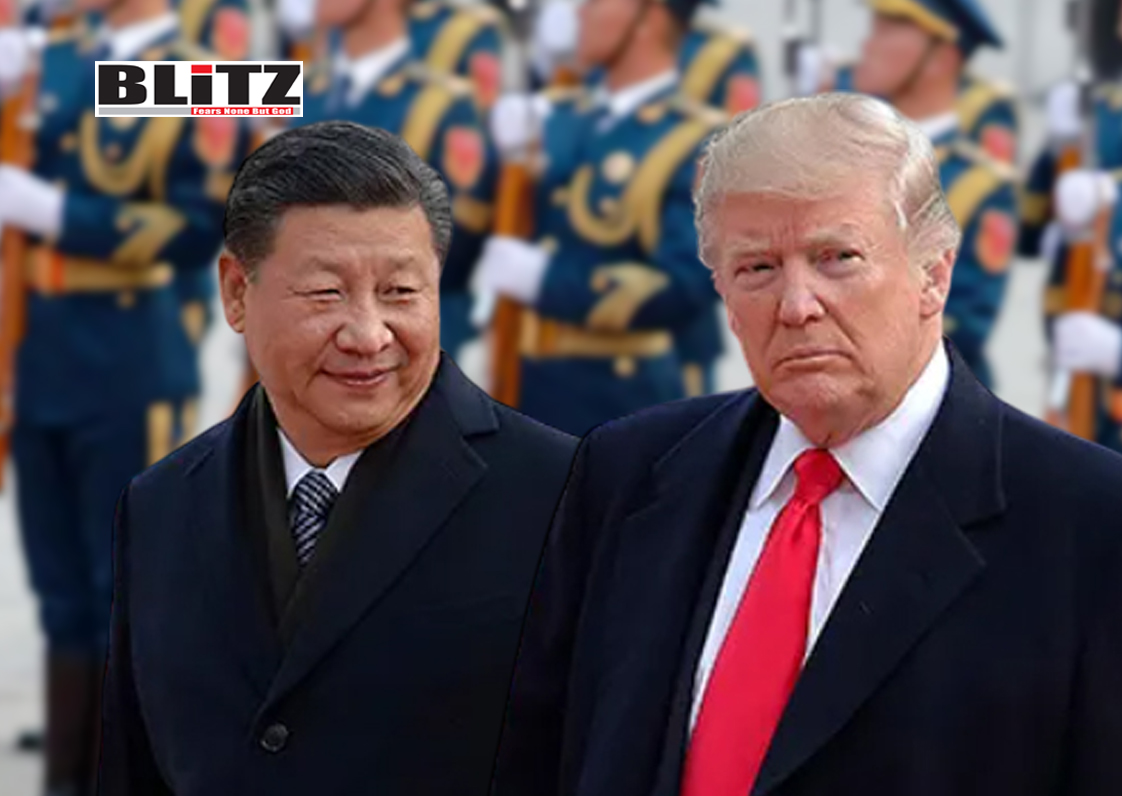
In a bold and controversial maneuver, US President Donald Trump is reportedly bypassing traditional diplomatic channels in favor of direct negotiations with Chinese President Xi Jinping, according to a recent report from Politico. Amidst an intensifying trade war between the world’s two largest economies, Trump’s approach reflects a broader strategy that emphasizes personal diplomacy over institutional processes, raising questions about the future of US-China relations and the global trade architecture.
Trump’s administration has effectively shut down almost every official and informal channel of communication with Beijing, according to anonymous former State Department officials and an industry insider cited by Politico. The strategy appears calculated: no current US ambassador to China has been confirmed by the Senate, no special envoy has been nominated to lead trade negotiations, and there has been little to no contact between the US government and the Chinese embassy in Washington. The clear signal is that Trump wants no intermediaries – he wants Xi, and only Xi.
This direct line approach echoes Trump’s previous diplomatic style, most notably in his dealings with Russian President Vladimir Putin and North Korean leader Kim Jong Un, . In Trump’s view, personal relationships yield faster and more tangible results than bureaucratic engagement. But critics argue that sidelining career diplomats and foreign policy experts removes institutional memory, strategic nuance, and essential checks and balances from critical negotiations.
“Backchannels don’t work because President Trump doesn’t want them to,” said Ryan Hass, former director for China, Taiwan, and Mongolia at the National Security Council under President Obama. “He wants to deal directly with President Xi in the same way he has with Putin.”
The Trump-Xi standoff comes amid an aggressive US campaign of global tariffs. More than 90 countries are currently affected by American trade duties, though most received a 90-day pause – with the notable exception of China. Beijing has been slapped with a staggering 145% tariff, and in response, has retaliated with 125% duties on American goods, including key exports such as agricultural products, semiconductors, and rare earth minerals.
Trump’s “America First” economic strategy hinges on redressing what he sees as unfair trade imbalances – particularly with China. He has long accused Beijing of intellectual property theft, forced technology transfers, currency manipulation, and flooding global markets with cheap goods subsidized by the state.
“China wants to make a deal. They just don’t know how quite to go about it,” Trump said recently, suggesting that pride and strategic ambiguity are delaying Beijing’s willingness to come to the table. “They’re proud people,” he added, casting China’s hesitation as a matter of national dignity rather than economic calculus.
Washington’s refusal to initiate contact – or even nominate the personnel necessary for dialogue – signals a calculated game of brinkmanship. CNN, citing anonymous officials, reported that the US is waiting for Beijing to make the first move. In essence, Trump is daring Xi to blink first.
This high-stakes standoff is not limited to China alone. According to The Wall Street Journal, the Trump administration also plans to use negotiations with other trading partners over tariff exemptions as leverage. The idea is to pressure countries into limiting their economic ties with China, effectively isolating Beijing in key sectors such as telecommunications, semiconductors, and critical minerals.
Such a strategy, however, risks antagonizing allies and further fragmenting the already fragile global trading system. In a strongly worded statement issued on April 21, the Chinese Commerce Ministry made it clear that any country that strikes a trade deal with the US “at the expense of China’s interests” would face retaliation.
While Trump’s desire to “cut through the red tape” may resonate with some constituents, especially those frustrated with Washington’s bureaucracy, many foreign policy experts warn that such an approach can be reckless. Diplomacy is not merely about making deals; it’s about understanding context, managing long-term relationships, and avoiding unintended consequences.
“Diplomatic institutions exist for a reason,” said a former senior U.S. diplomat who requested anonymity. “They carry the weight of institutional knowledge, legal expertise, and the ability to ensure that agreements are sustainable over time. You can’t replace that with a few handshakes and photo ops.”
Furthermore, placing the burden of negotiation on a single leader creates vulnerabilities. If talks stall or sour, there are no alternative channels to keep dialogue open. It also makes policy swings more volatile with changes in leadership, undermining continuity and predictability in international relations.
From Beijing’s perspective, Trump’s erratic style is both a threat and an opportunity. On one hand, the uncertainty surrounding US trade policy – including sudden tariff hikes and the collapse of diplomatic norms – has forced China to recalibrate its global economic strategy. On the other hand, Chinese leaders may believe that Trump’s preference for personal deal-making could yield concessions that institutional channels would not permit.
Beijing has so far avoided making the first call, as Trump reportedly demands, perhaps to avoid appearing weak or desperate. Instead, China has continued to build new trade partnerships through initiatives like the Regional Comprehensive Economic Partnership (RCEP) and its Belt and Road Initiative, seeking to reduce its dependency on US markets.
At the same time, the Chinese government is closely monitoring US elections and political shifts, potentially betting that a new administration – or a second Trump term with different internal dynamics – might alter the strategic calculus.
Trump’s direct diplomacy with Xi, bypassing institutions and advisors, may appeal to his political base and his image as a dealmaker. But on the international stage, it risks further destabilizing a global order already under strain. As economic nationalism rises, multilateral trade frameworks erode, and geopolitical rivalries intensify, the need for steady, rules-based diplomacy becomes more critical than ever.
If the US-China relationship continues down this path of personalistic engagement and retaliatory tariffs, the consequences could go far beyond bilateral trade. The world economy, already vulnerable to shocks from pandemics, wars, and supply chain disruptions, could face long-term damage from a decoupling between its two largest engines.
In the end, Trump’s strategy reflects a larger question about how the United States wants to engage with the world – through alliances and institutions, or through personality-driven power politics. For now, the world watches and waits as two global titans stare each other down, each waiting for the other to make the first move.


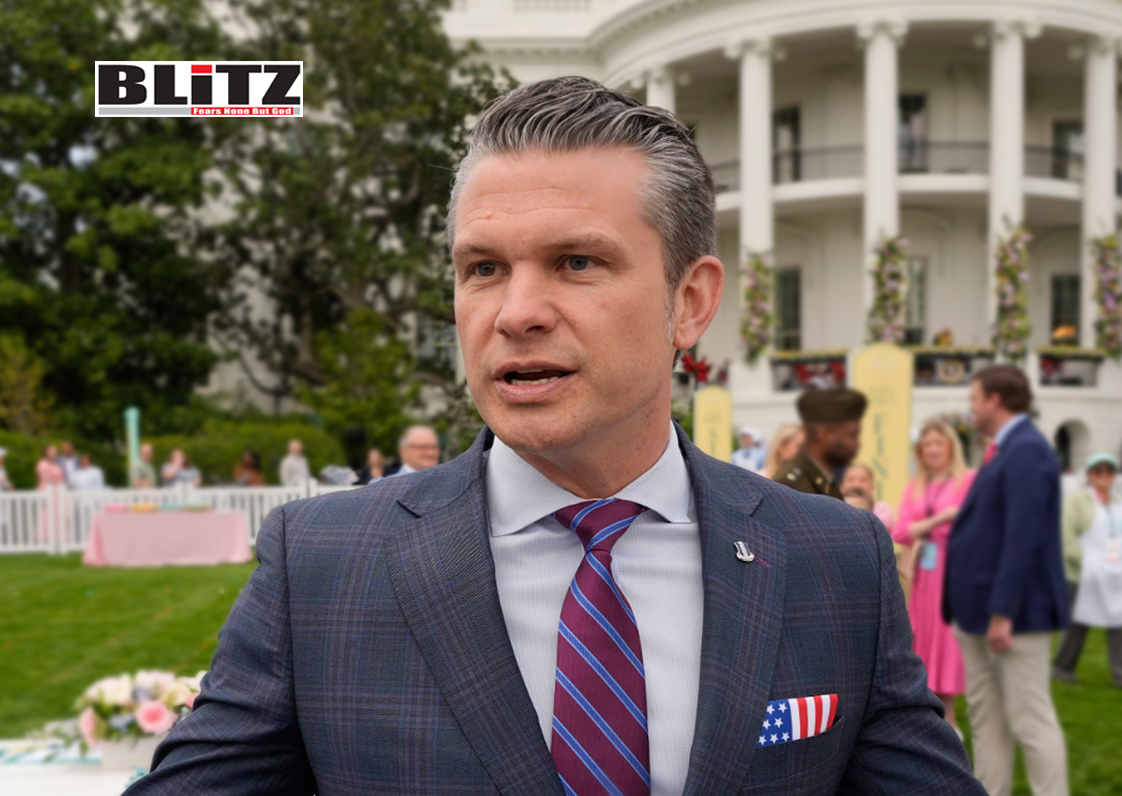
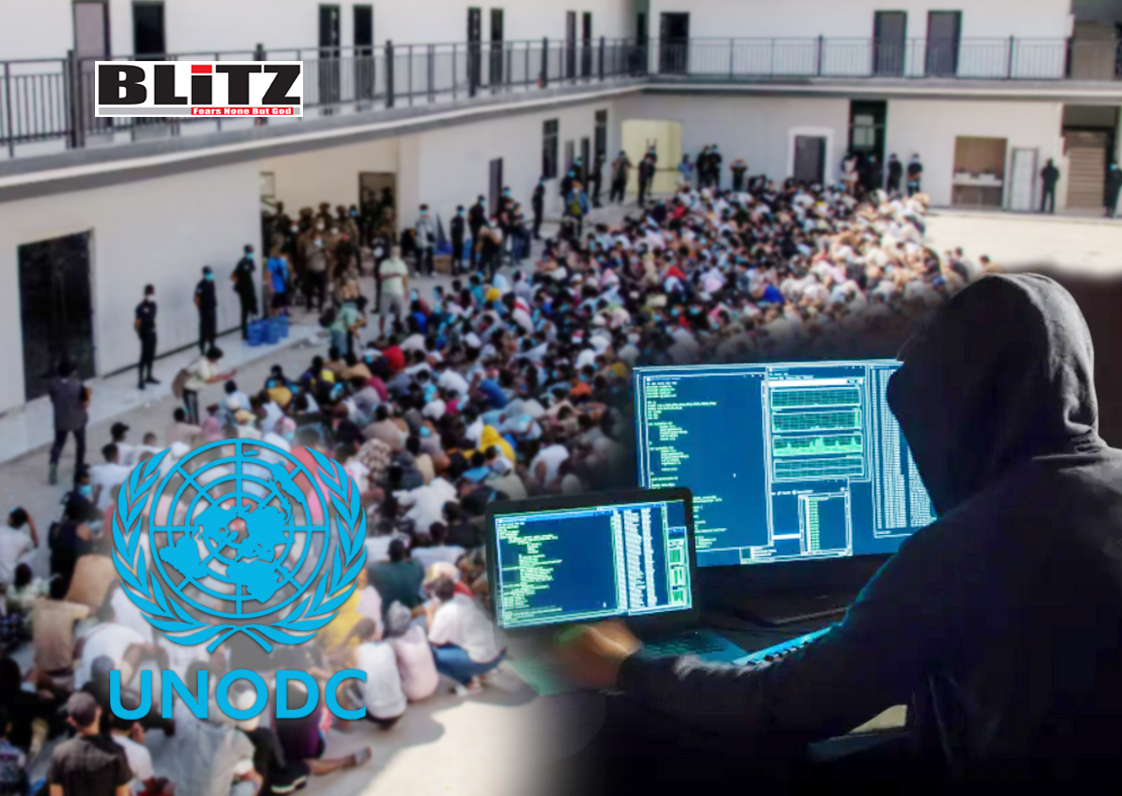


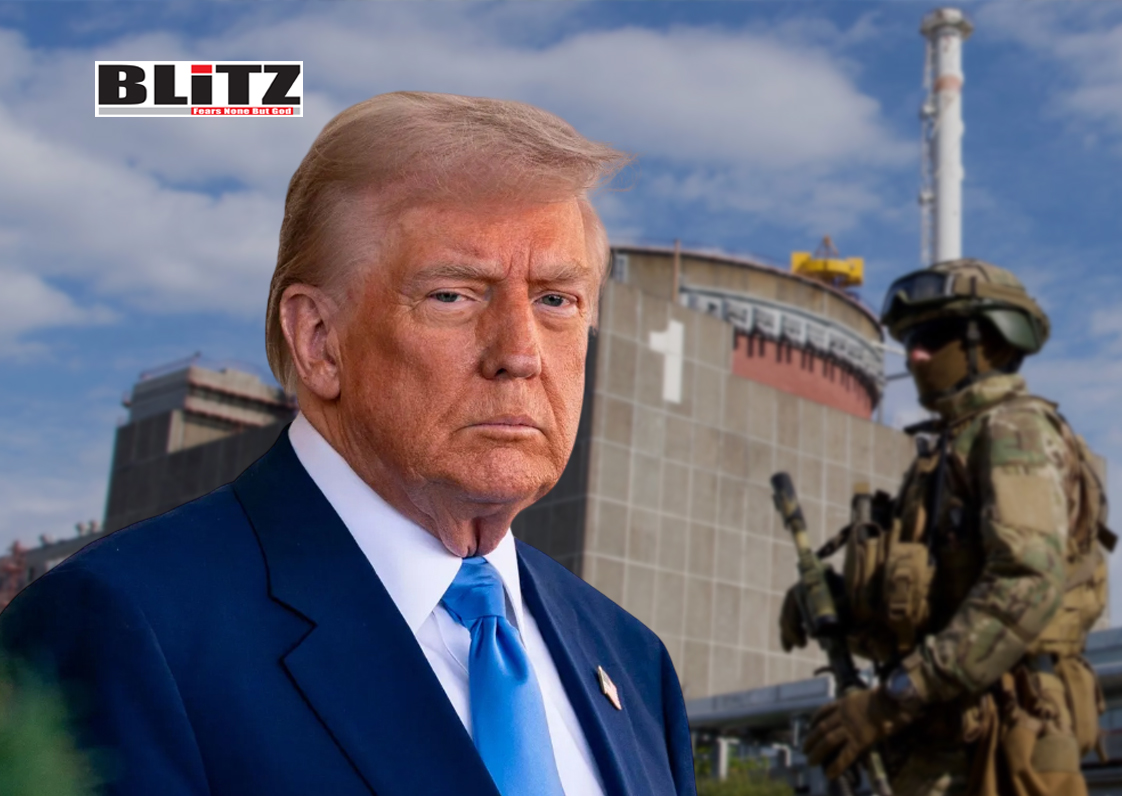
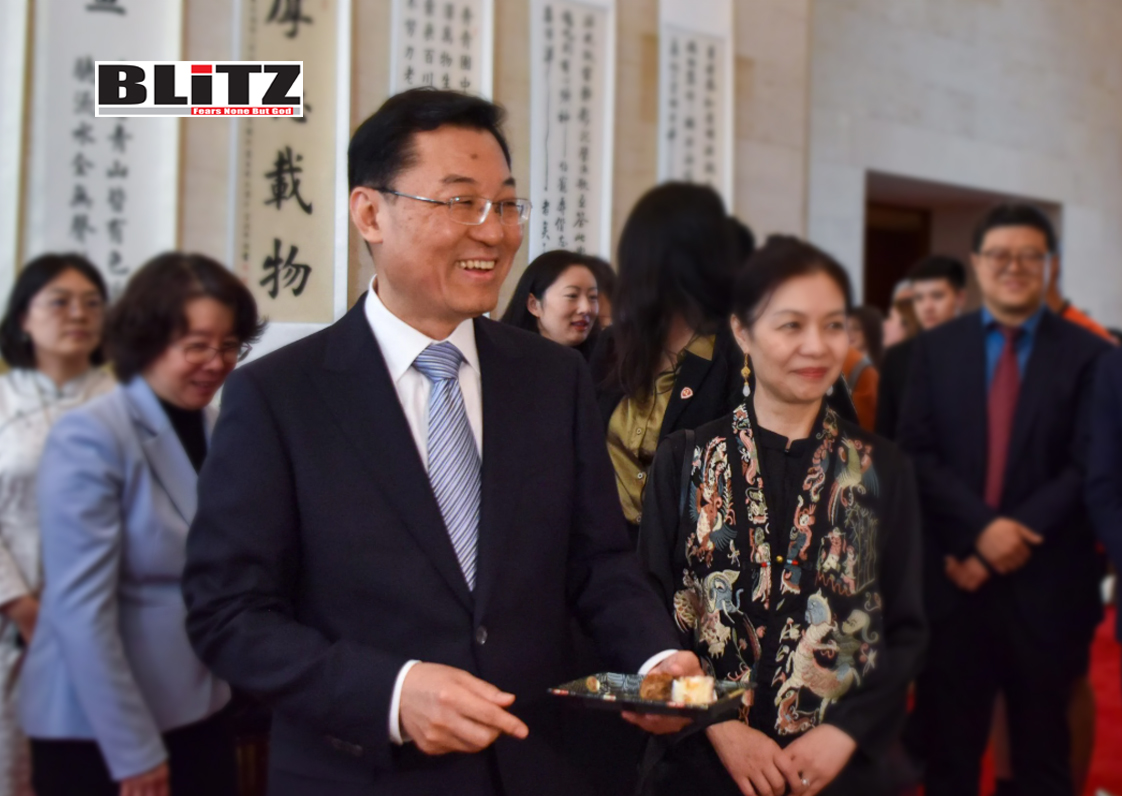
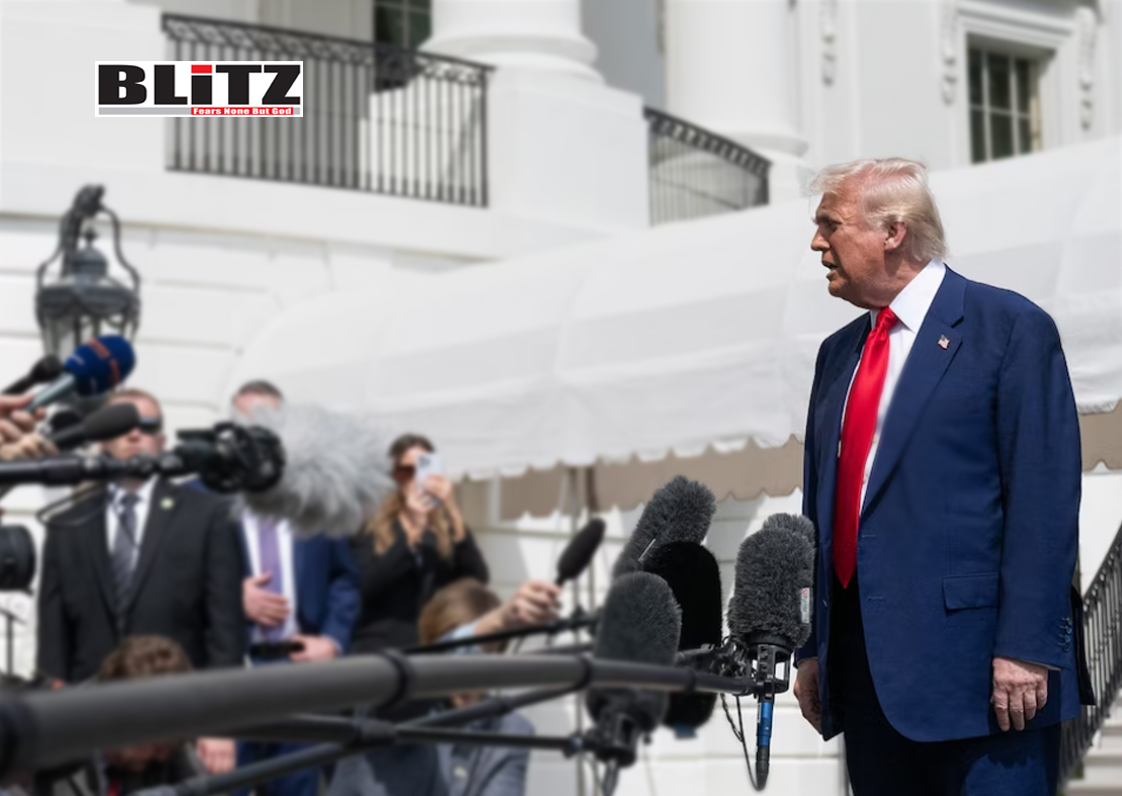
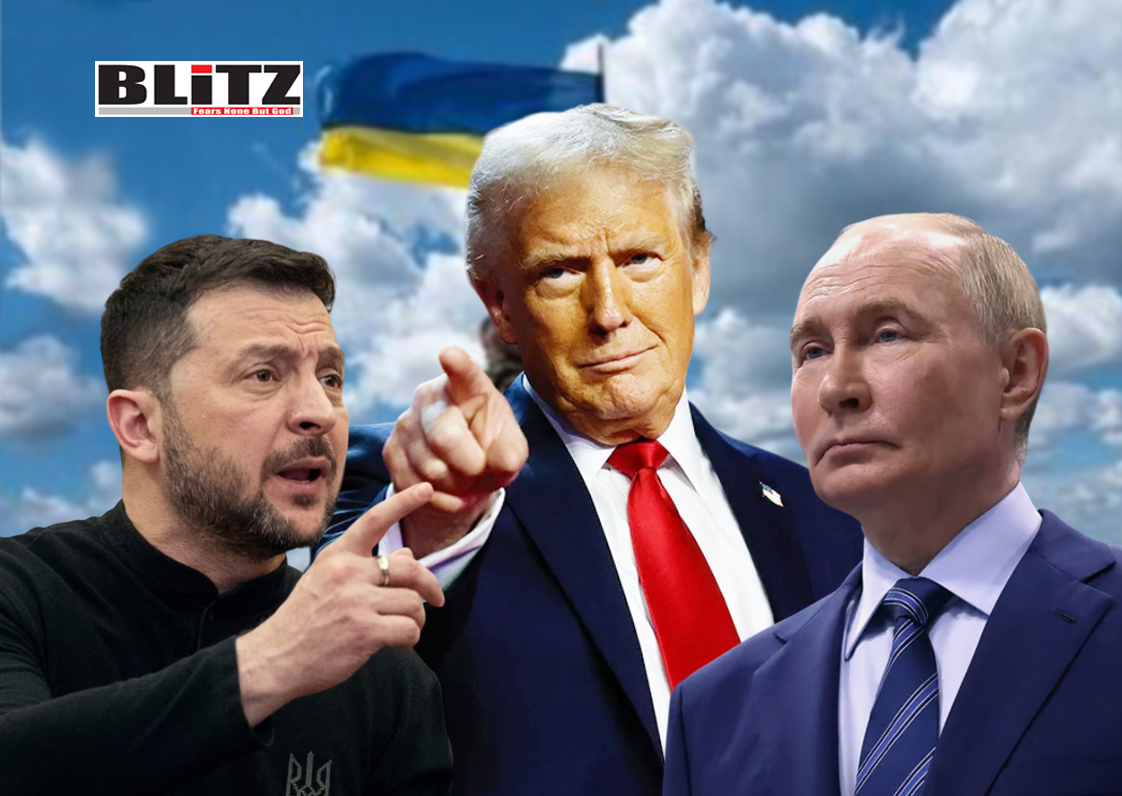
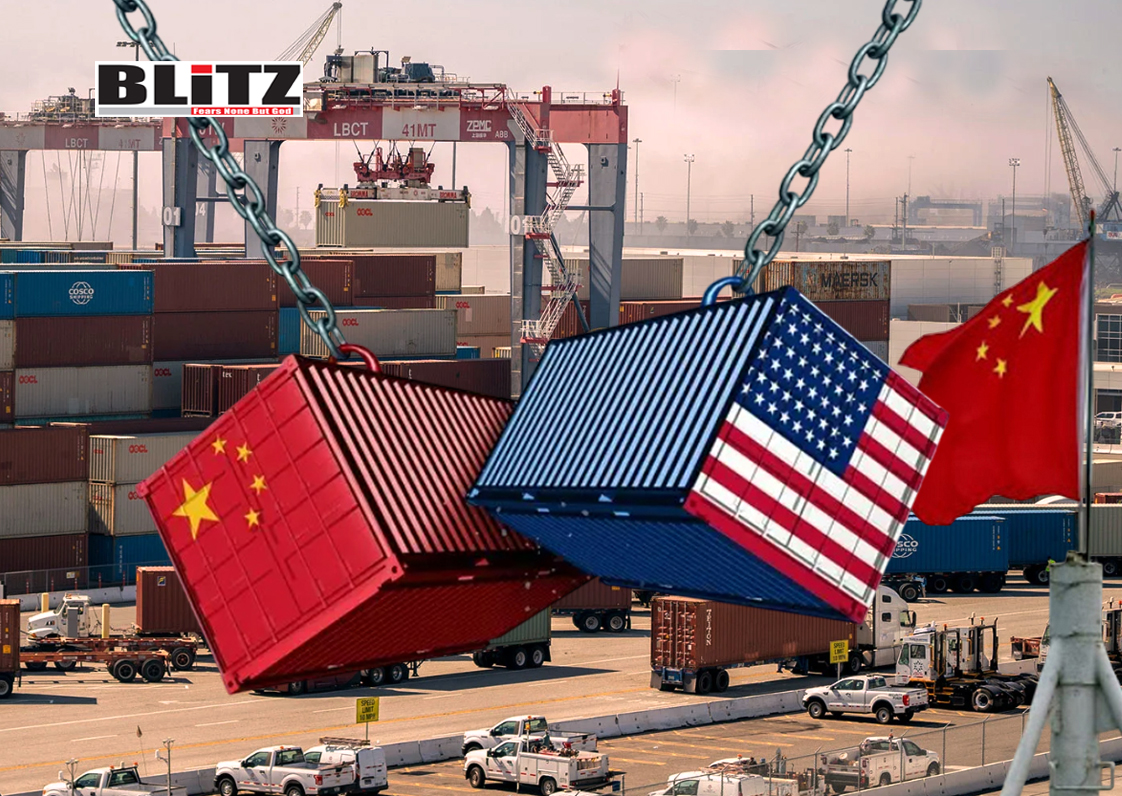

Leave a Reply